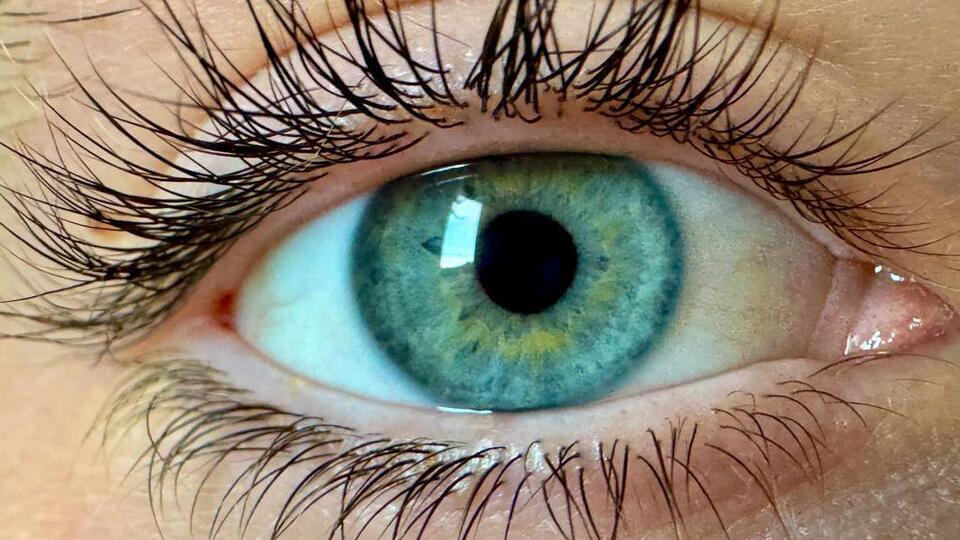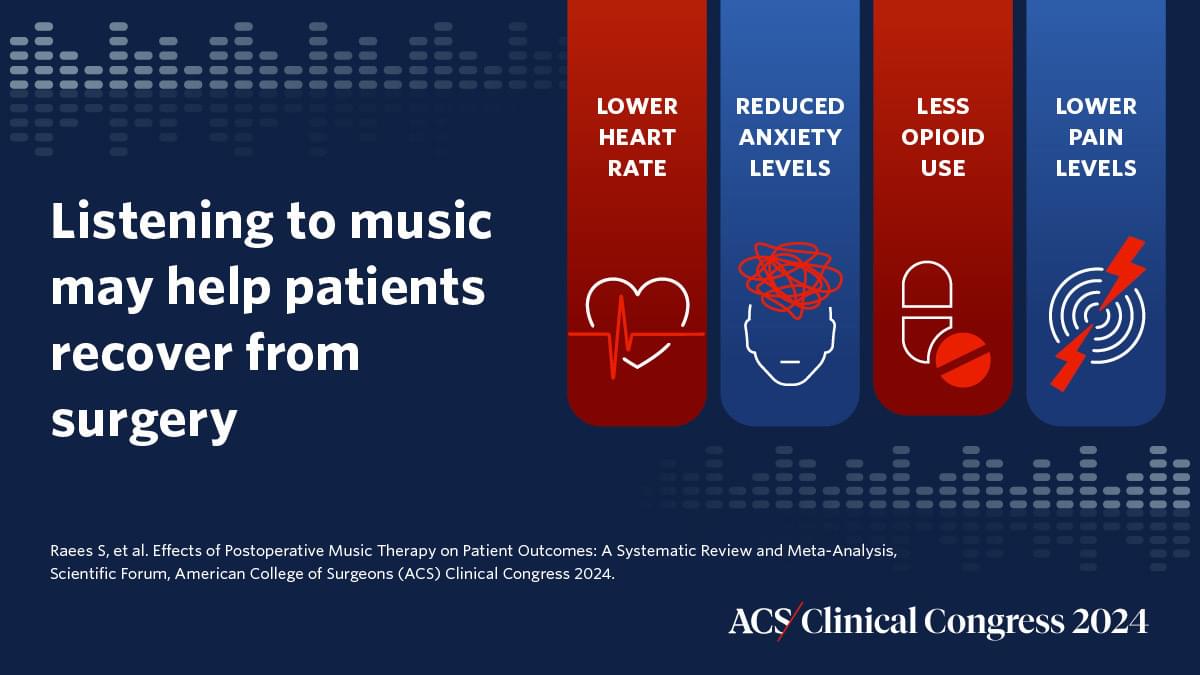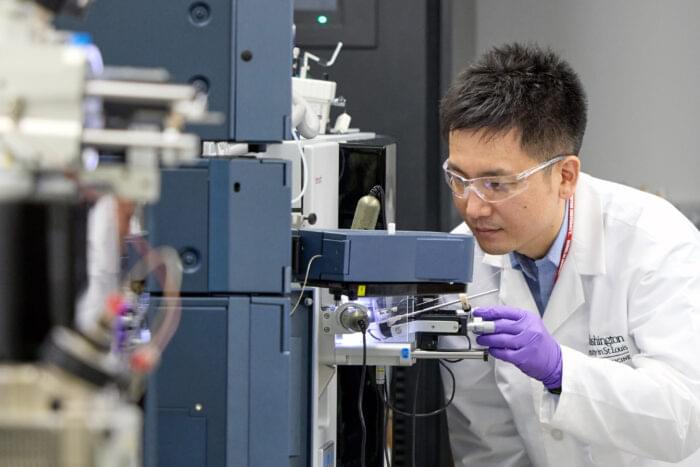Why matter dominates over antimatter in our universe has long been a major cosmic mystery to physicists. A new finding by the world’s largest particle collider has revealed a clue.



Existing numerical computing libraries lack native support for physical units, limiting their application in rigorous scientific computing. Here, the authors developed SAIUnit, which integrates physical units, and unit-aware mathematical functions and transformations into numerical computing libraries for artificial intelligence-driven scientific computing.








Could help determine which patients are likely to benefit from new Alzheimer’s drugs. A newly developed blood test for Alzheimer’s disease not only aids in the diagnosis of the neurodegenerative condition but also indicates how far it has progressed, according to a study by researchers at Washington University School of Medicine in St. Louis and Lund University in Sweden.
Several blood tests for Alzheimer’s disease are already clinically available, including two based on technology licensed from WashU. Such tests help doctors diagnose the disease in people with cognitive symptoms, but do not indicate the clinical stage of the disease symptoms — that is, the degree of impairment in thinking or memory due to Alzheimer’s dementia. Current Alzheimer’s therapies are most effective in early stages of the disease, so having a relatively easy and reliable way to gauge how far the disease has progressed could help doctors determine which patients are likely to benefit from drug treatment and to what extent. The new test can also provide insight on whether a person’s symptoms are likely due to Alzheimer’s versus some other cause.
The study is published March 31 in Nature Medicine.